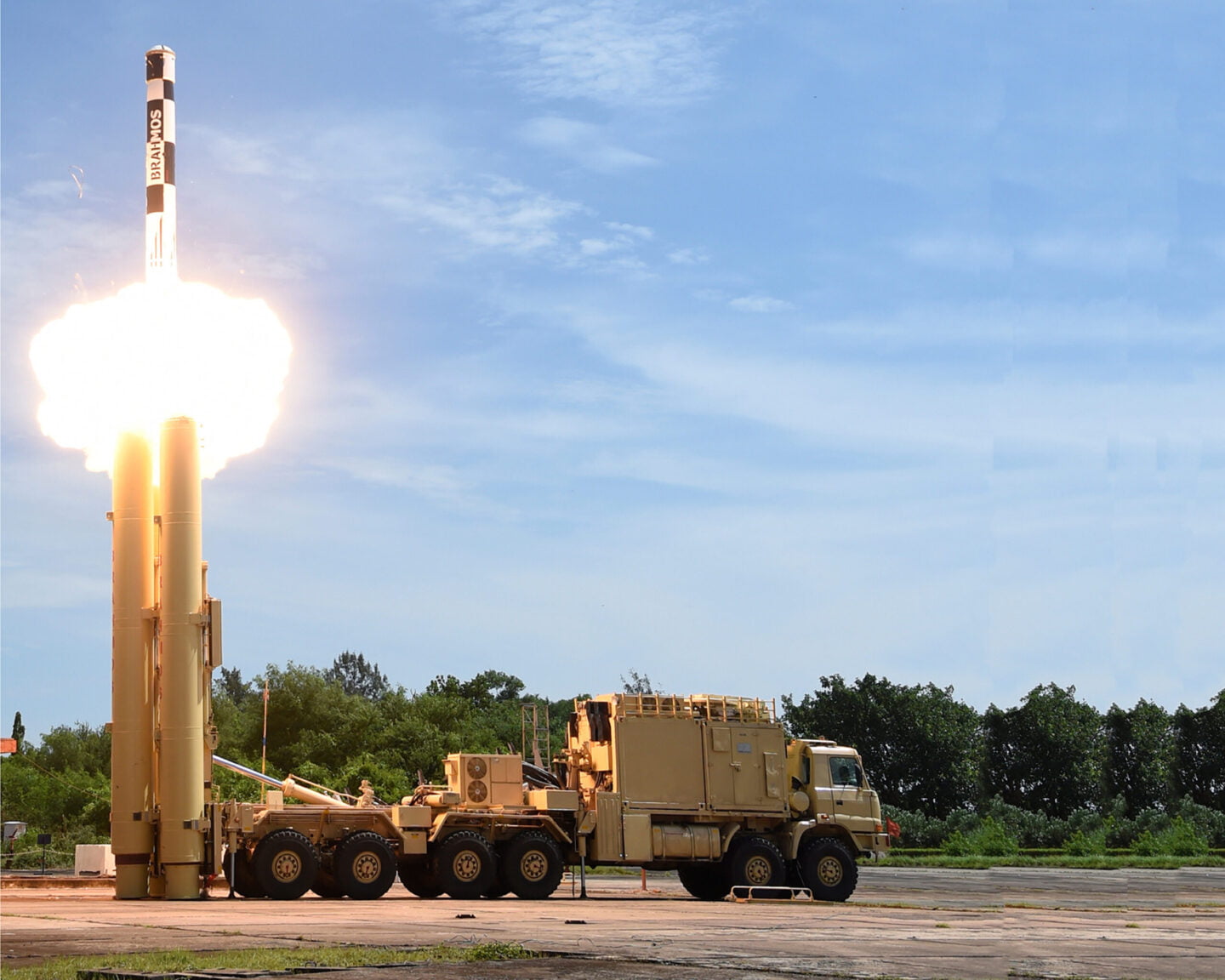The Indonesian Marine Corps (Korps Marinir Indonesia) and representatives from India have engaged in discussions concerning the potential procurement of the BrahMos Coastal Defense System. Colonel Akhiyar Meideri, Assistant Logistics Commander of the Marine Corps, represented the Deputy Commander of the Marine Corps, Brigadier General Suherlan, at a presentation held at the Oakwood Hotel in East Jakarta on August 22, 2024. The meeting included a detailed presentation from the BrahMos Aerospace team, focusing on the capabilities and potential applications of the BrahMos cruise missile system for coastal defense. The Indonesian Navy’s interest in acquiring a system capable of intercepting and neutralizing amphibious threats at sea was underscored, reflecting the growing need to fortify Indonesia’s maritime defenses.
Colonel Heriyanto, representing the Navy’s Assistant Chief of Staff for Planning and Budgeting, opened the presentation by emphasizing the Indonesian Ministry of Defense’s plan to enhance coastal defense capabilities through international collaboration. Sanjay Kumar Jiha, Chief General Manager of BrahMos Aerospace, led the presentation, highlighting the advanced features of the BrahMos missile system. The session concluded with a question-and-answer segment, where Indonesian defense officials explored various aspects of the system. The Chief of Staff of the Indonesian Navy, Admiral Muhammad Ali, had earlier identified coastal defense as a priority in the Navy’s strategic procurement plan for 2024-2029. Despite initial plans to include coastal defense systems in the 2020-2024 strategic plan, budgetary constraints necessitated postponement to the following strategic cycle.

The Indonesian Navy’s ongoing transformation of its main naval bases (Lantamal) into Maritime Regional Commands (Kodamar), which are expected to integrate coastal defense capabilities. This transition includes the establishment of specialized Marine Corps battalions dedicated to base security and coastal defense, further emphasizing the need for advanced missile systems like BrahMos. The Marine Corps has a unique tradition: while its organizational structure mimics the USMC, it primarily acquires weaponry from Eastern Europe, particularly Russia. However, the implementation of the Countering America’s Adversaries Through Sanctions Act (CAATSA) has led to the cancellation of purchases such as the BMP-3F and BT-3F combat vehicles. In addition to expanding its rocket battalions from two to three, the Marine Corps is also transitioning its rocket battalions into guided rocket and missile battalions. Indian-made missiles featuring Russian technology have become an appealing choice for the Marine Corps.
The BrahMos missile, developed through a joint venture between India’s Defense Research and Development Organization (DRDO) and Russia’s NPO Mashinostroyeniya, offers a range of configurations suitable for land, sea, and air deployment. The missile is known for its high speed, with a capability of reaching Mach 3.5, and its ability to engage surface and land-based targets with precision. The BrahMos LACM (Land Attack Cruise Missile) variant, which is likely to be considered by Indonesia, is designed for launch from land-based platforms and is equipped to carry a 200 kg warhead over a range of 500 km. The BrahMos missile’s high kinetic energy, coupled with its supersonic speed, renders it a formidable deterrent against naval threats, aligning with Indonesia’s strategic objective to bolster its coastal defense capabilities. In South East Asia, the Philippines has already deployed the BrahMos system through its Coastal Defense Regiment of the Marine Corps, serving as a model for how the system might be integrated into Indonesia’s defense strategy.











